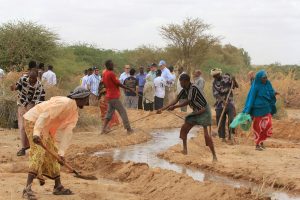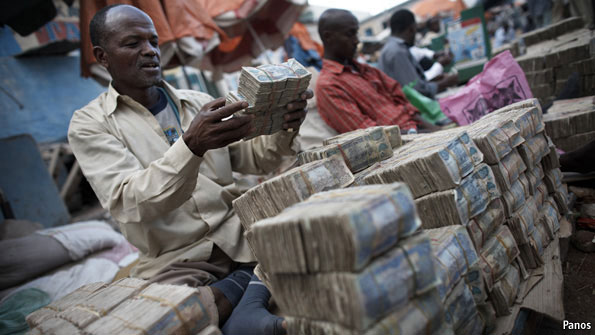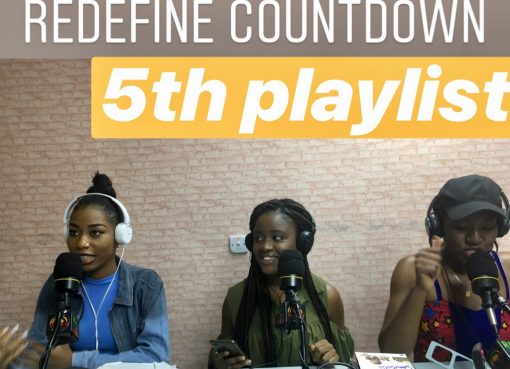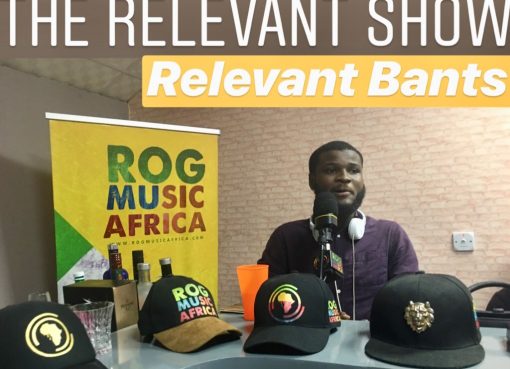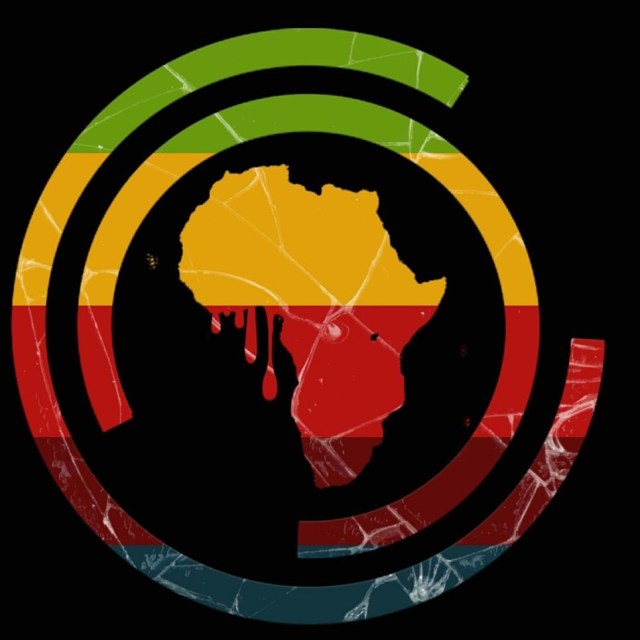Pray for Somalia! Pray for Africa!
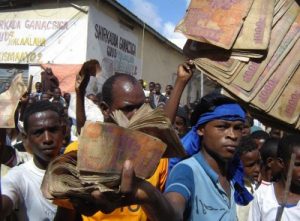
Somalia has long been a country with political troubles. It is a widespread idea amongst political scientists that the divisions and conflicts that exist on the country are a result of the European colonization in the 19th-20th Centuries, when Somali state colonial boundaries were drawn by the colonizers.
Now, some 55 years after most Somali nation gained independence, the country is experiencing a period of turmoil. However, the International Monetary Fund is backing Somalia’s plans to replace tattered currency notes that were printed before the Horn of Africa nation plunged into civil war almost three decades ago.
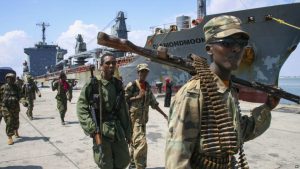
The International Monetary Fund says creditors may forgive part of Somalia’s outstanding $5.3 billion debt if the strife-torn Horn of Africa state takes concrete steps toward reforming its economy and improving governance.
Somalia, gripped by a three-decade civil war, would have to first clear arrears owed to the IMF, the World Bank and the African Development Bank, according to IMF’s country head Samba Thiam. An arrears-clearance plan, a new currency, an effective monetary policy and a “solid track record” on good governance may lead to fresh funding.
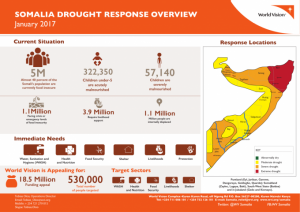
“There is a general willingness from creditors to write off Somalia’s debt when the time comes, it’s a good prospect,” Thiam said. “They are not paying debt now, they will not be asked to pay tomorrow, so they have time to work on consolidating their economic base. The debt is an issue that will be resolved some time”.
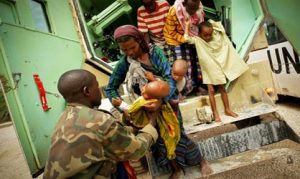
Somalia is one of the last nations to qualify for debt relief under a World Bank and IMF initiative known as Heavily Indebted Poor Countries, Thiam said.
A civil war and subsequent Islamist-militant insurgency have destroyed much of Somalia’s political and economic institutions over the past quarter of a century, with income per capita of $435 making it the world’s fifth-poorest nation, according to the World Bank. Agriculture accounts for 40 percent of national output in the country whose main export is camels to Gulf Arab countries. Economic growth may slow to 2.5 percent in 2017 from 3.7 percent last year, the IMF estimates.
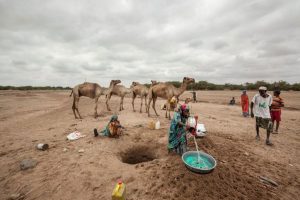
New Banknotes
The IMF is backing the reintroduction of new Somali-shilling notes that may come into circulation this year alongside the dollar, which has been the main means of payment.
“About 98 percent of the currency circulating in the country is fake,” Thiam said. “The remaining 2 percent is currency printed during 1990-91, still circulating, but in very bad shape.”
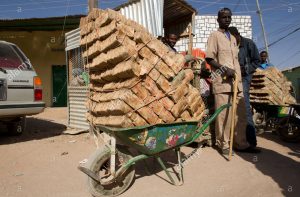
The printing of new notes, which will initially be in small denominations, is aimed at restoring the Central Bank of Somalia’s powers to set monetary policy, Thiam said. While the institution doesn’t have the money to finance the plan, donors will back the reforms and financing will be agreed on once the government decides whether it wants a floating- or fixed-rate currency regime.
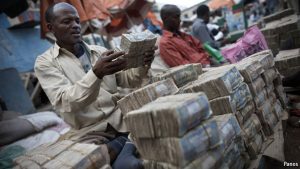
The IMF is also assisting the central bank with regulation and supervision of the financial sector to open it to new investors, Thiam said. KCB Group Ltd. and Commercial Bank of Africa Ltd., neighboring Kenya’s biggest and sixth-largest banks by assets, are among lenders that have applied to set up shop. Somalia has six banks and 12 money-transfer businesses.
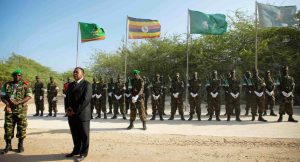
Better Governance
Somalis living abroad have buoyed the economy with remittances of as much as $2.3 billion a year, Thiam said. “We pretty much think the amount that could be going unnoticed, undeclared must be much bigger,” he said.
Somalia’s President, Mohamed Abdullahi, elected into office this month, must make good on his word to fight graft, Thiam said. Somalia is the world’s most corrupt nation, according to Berlin-based Transparency International.
